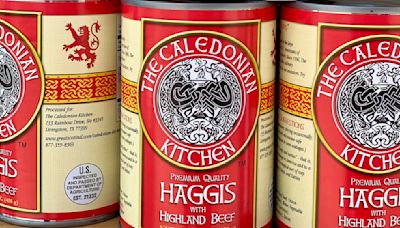Ad
related to: In Defense of Foodebay.com has been visited by 1M+ users in the past month
No matter what you love, you'll find it here. Search Top Products and more. Looking for Great Deals? We have almost everything on eBay.
Search results
A book that challenges the nutrient-by-nutrient approach to eating and proposes a simple but liberating way of eating based on real, unprocessed food. Learn how to escape the Western diet and its health consequences by eating food, not too much, mostly plants.
In Defense of Food: An Eater's Manifesto (released internationally as In Defence of Food) is a 2008 book by journalist and activist Michael Pollan. It was number one on the New York Times Non-Fiction Best Seller List for six weeks.
- Michael Pollan
- 2008
With In Defense of Food, Pollan proposes a new (and very old) answer to the question of what we should eat that comes down to seven simple but liberating words: "Eat food. Not too much. Not too much. Mostly plants."
- (3.6K)
- Michael Pollan
Apr 28, 2009 · With In Defense of Food, Pollan proposes a new (and very old) answer to the question of what we should eat that comes down to seven simple but liberating words: "Eat food. Not too...
- reprint
- Michael Pollan
- Penguin, 2009
Apr 28, 2009 · Michael Pollan’s "In Defense of Food: An Eater's Manifesto" is a compelling and eye-opening book that has significantly transformed the way I perceive food and nutrition. Pollan masterfully navigates the complex world of dietary science and cultural food habits, simplifying it into an enlightening and engaging narrative.
- (4.1K)
- $14.01
- Michael Pollan
- Michael Pollan
With In Defense of Food, Pollan proposes a new (and very old) answer to the question of what we should eat that comes down to seven simple but liberating words: "Eat food. Not too much. Mostly plants."
- Michael Pollan
Apr 28, 2009 · We need to defend food by which I mean real food as opposed to processed food-like products—because it is under attack from nutrition scientists on one side, and the food industry on the other. Both encourage us to think in terms of nutrients, rather than foods, and both benefit from widespread confusion about something that should be quite ...

